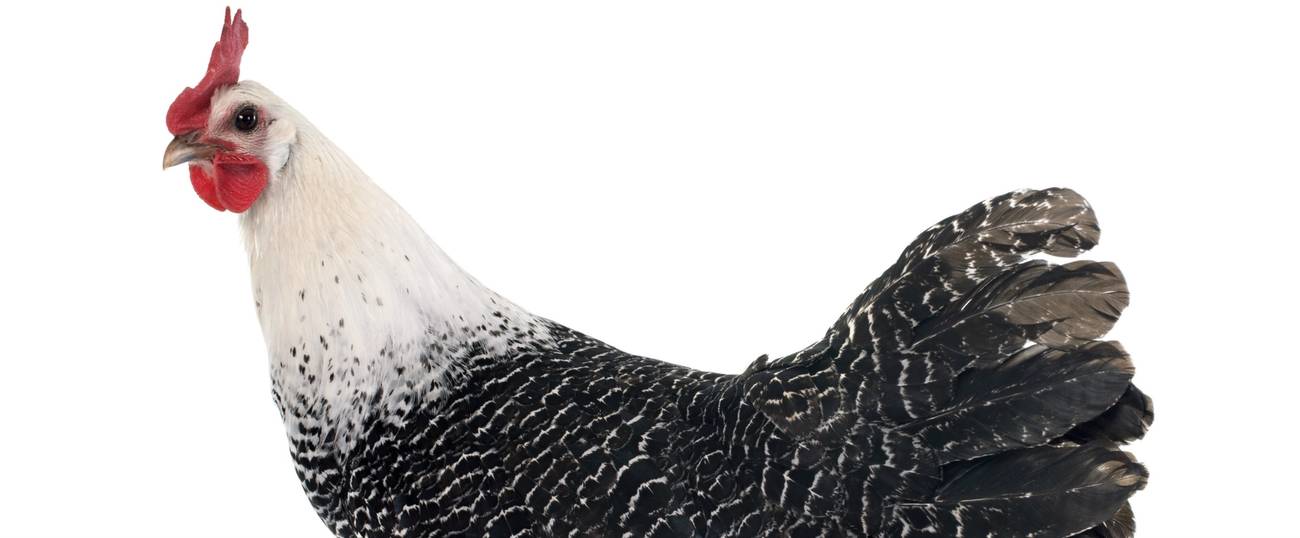Israel’s Rabbis Divided by Vexing Controversy: Is Chicken Kosher?
When some pious carnivores imported an heirloom species from Belgium, others cried fowl




Is chicken kosher? That’s the question dividing Israel’s most notable rabbis these days, unleashing a fascinating—and often heated—halachic debate.
The controversy began two years ago, when a group of haredi Jews in Jerusalem grew troubled by the notion of eating genetically modified chicken. With more and more birds today treated to grow bigger and taste better, these pious carnivores argued, truly observant Jews had to watch out, as modified chickens were, halachically speaking, no longer real chickens, as they constituted a forbidden tampering with God’s creation. Rashi himself was dragged out in defense of this position, and the solution was simple: seek out an artisanal species of bird.
Enter the Braekel: One of the oldest European breeds still in existence, it dates back to the 1400s, and although it is known primarily for its eggs, its meat is just as delicious. The pious Jerusalemites imported a few Braekels, and started selling them to family and friends. Soon, word got out that there was a new breed of bird in town, kosher and organic and heirloom, and the Braekels found their way to major haredi supermarkets.
Not everyone was delighted. Observing the new species’ sudden surge in popularity, a few prominent rabbis ruled that the Braekels should be avoided, as they may not be kosher after all.
How can that be? While the Torah is quite specific about most animals, it’s vague when it comes to birds, giving us little to go by in order to tell which animals are kosher and which are not. Addressing this conundrum, the rabbis have established several criteria to help us figure it out. If a bird is a dores, for example, or a predator, its not kosher. What’s a predator bird? One, the rabbis say, that lifts up its food with its claws and carries it in the air. And how can you tell which bird’s a predator? Well, you just have to know the bird. And for this you need a mesorah, or a tradition of being familiar with the bird. If your ancestors observed it and ate it, in other words, it’s probably ok. Which, curiously, raises questions about new species; the turkey, too, was once subject of a fierce debate, with some rabbis arguing that it was a strange and unfamiliar bird and therefore probably verboten. And now, the same debate rages about the Braekel.
“We are hereby clarifying,” read one recent memo from Rabbi Shmuel Brandsdorfer, “that the strange and dubious birds called Braekels were never permitted by the rabbis.” Other rabbis argued just as passionately that there’s nothing wrong with the Braekel, and at least one, wishing to observe the bird up close, requested that a live one be brought up and placed on his dining room table for inspection. The controversy continues; meanwhile, anyone hungry and concerned with kashrut is welcome to try a plant-based diet.
Liel Leibovitz is editor-at-large for Tablet Magazine and a host of its weekly culture podcast Unorthodox and daily Talmud podcast Take One. He is the editor of Zionism: The Tablet Guide.